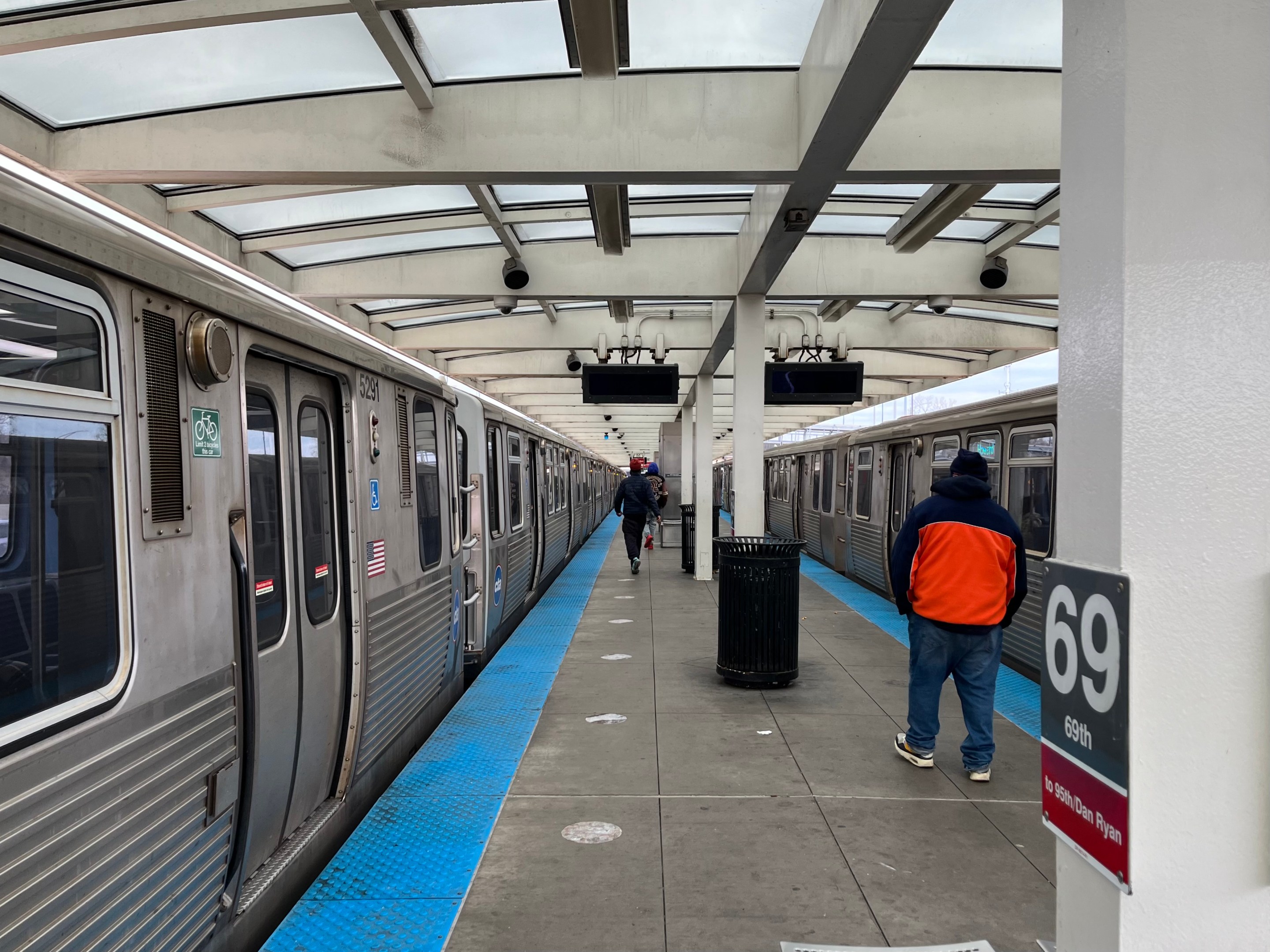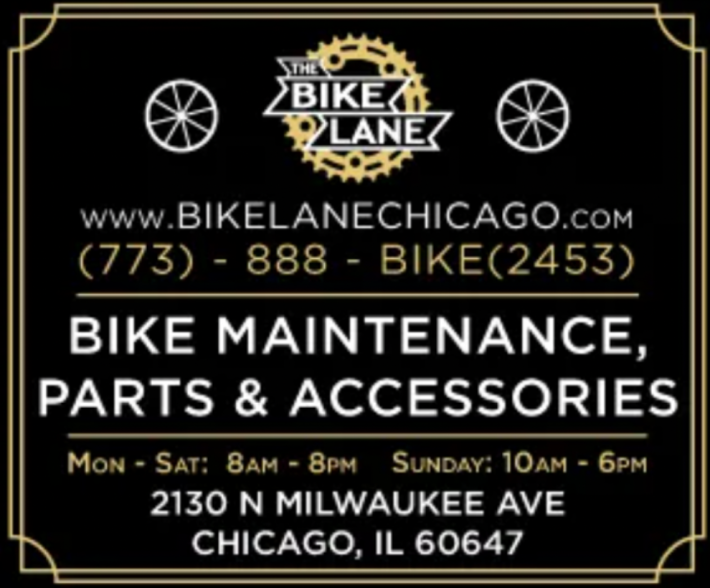
This month, the Regional Transit Authority, which oversees the CTA, and Pace, released a new report entitled "Building a More Equitable Fare Structure." The title sums up what the report is about in a nutshell: How the pandemic exposed a major flaw in the Chicago transit system – that it relies too much on fare revenue to recoup operating costs – and what to do about it in light of the looming $730 Million Chicagoland transit fiscal cliff. The study recommends more funding for free and reduced fare transit programs to make transit more affordable and accessible for lower-income residents, seniors, and people with disabilities.
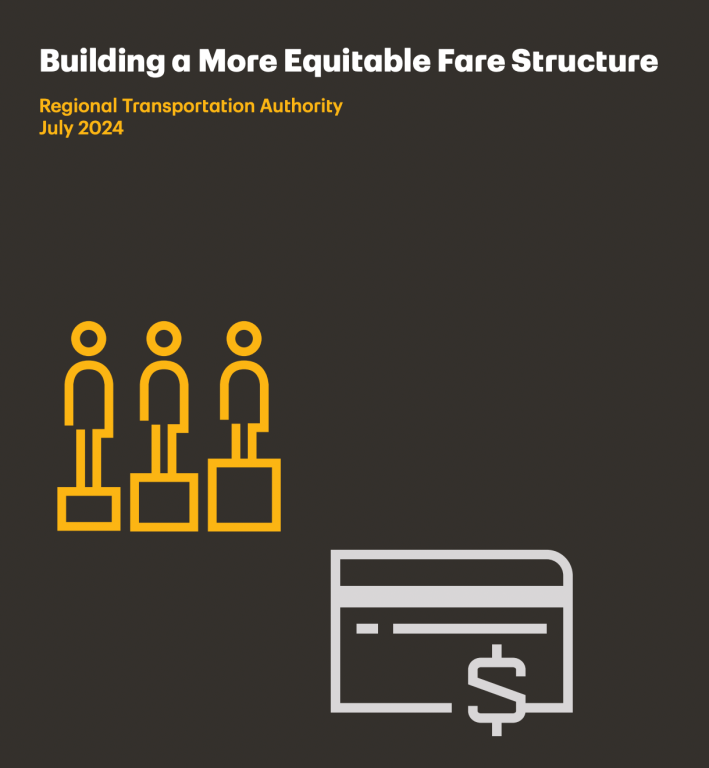
"Chicago's regional transit system gives hundreds of thousands of residents with disabilities and older adults independence through existing Americans with Disabilities Act Paratransit and Reduced Fare and Ride Free programs," states the report. "One critical step toward closing the coming budget gap is full funding for ADA Paratransit service and free and reduced fare programs for people experiencing low incomes, seniors, and people with disabilities."
The RTA, the CTA, Metra, and Pace have at least 15 specialized free and reduced fare programs, such as the RTA's Ride Free and Reduced Fare programs, which currently have 317,000 people enrolled and provided more than 82 million rides last year. Pace's federally mandated ADA Paratransit service, which is the second largest of its kind in the nation and provides more than 4 million trips per year, is also available.
"Costs to administer and implement Ride Free and Reduced Fare programs and to operate ADA Paratransit in excess of state reimbursement are paid out of the regional transit operating budget, comprised of a mix of local taxes and system generated revenue (primarily fares)," the report states. "Absent sustainable funding, expansion of the existing programs will increase the annual budget gap, which is already projected at a minimum of $730 million beginning in 2026 and growing with inflation."
The RTA report recommends addressing that challenge by creating an income-based reduced fare program called Regional Access. It also calls full state funding of ADA Paratransit and Regional Access, which would help reduce the $730 million budget gap. Lastly, it proposes unlocking collaborative pricing policies across the region by investing in technology and funding reform.
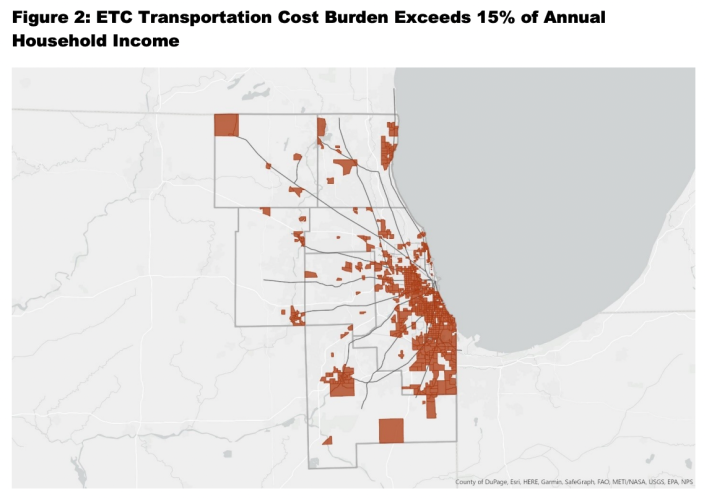
"The recommendations outlined in this report are crucial steps toward a more just and inclusive public transit system for the Chicago region," said Ted Villaire, communications director of Active Transportation Alliance. "By proposing a fully funded, consolidated reduced fare program, we can ensure that everyone has affordable access to transportation. These initiatives have the power to transform lives, providing independence and opportunity to hundreds of thousands of residents, including those with disabilities, seniors, and low-income individuals. It's time to prioritize equity in our transit system and ensure that no one is left behind due to financial barriers."
Commuters Take Action cofounder Fabio Göttlicher said the advocacy group welcomes any initiative that would make transit more accessible and affordable. They also feel "Building a More Equitable Fare Structure" highlights some changes that could be made to the existing fare program, such as consolidation into one comprehensive program, and making funding for these programs a priority for elected leaders.
"We also believe that we should have an integrated fare structure for all modes of transit in the Chicago region," Göttlicher said. "For example, one could ride both a CTA bus or a Metra train within the same fare zone at the same fare price, including transfers. Currently, many residents of underserved Chicago areas theoretically have access to Metra, but the prohibitive fare structure (higher fares and lack of transfers) prevents them from utilizing Metra trains. The upcoming Regional Day Pass will alleviate some of these issues, but it will not present a complete solution."
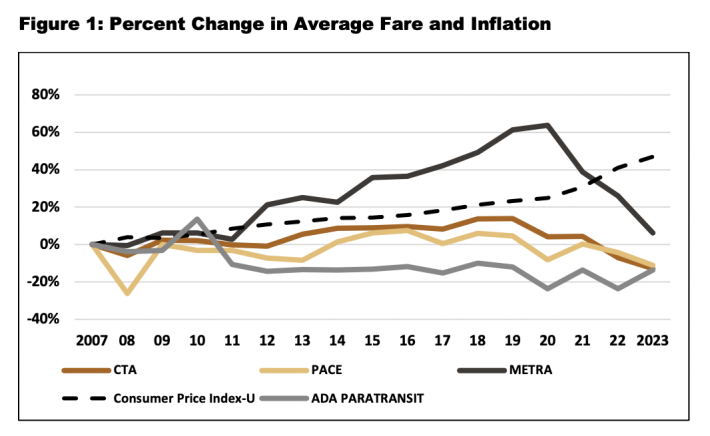
Audrey Wennink, director of transportation at the Metropolitan Planning Council, agrees that an income based fair program is a good idea. She drew a parallel with Chicago Metropolitan Agency of Planning's plan for regional transportation and other organizations that recommended the same thing.
"The RTA report synthesizes some recommendations that have been made in other places already, and notes that there's building consensus that a discounted fares linked to income is needed and desired in this region," said Wennink. "That's one key recommendation, but that begs the question of how to cover those costs."
"We all know that there's the large funding gap that will hit the transit agencies at the end of 2025," Wennink concluded. "So this needs to be considered holistically. As we seek increased funding for transit, and certainly we support the recommendation of the CMAP plan of action for regional transit, that $1.5 billion is needed. That could help account for discounted fares or free fares for low-income residents, as well as an expansion of transit of service in the region."
Read the "Building a More Equitable Fare Structure" report here.

Did you appreciate this post? Please consider making a tax-deductible donation, to help keep Streetsblog Chicago's sustainable transportation news and advocacy articles paywall-free.
